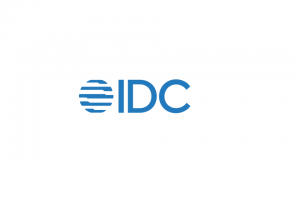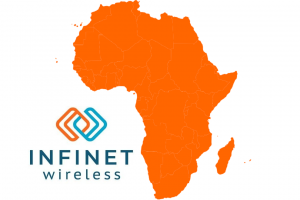 Egypt: Egypt’s delay in signing a US$3.2 billion (Dh11.75bn) loan with the IMF until after elections next month has shifted focus to telecommunications and other cash-earning sectors to bail out the economy.
Egypt: Egypt’s delay in signing a US$3.2 billion (Dh11.75bn) loan with the IMF until after elections next month has shifted focus to telecommunications and other cash-earning sectors to bail out the economy.
Analysts say the telecoms industry is one of the few remaining bright spots amid political turbulence caused by the onset of the popular uprising last year.
Telecoms deals in the past few weeks have boosted the inflow of dollars to the economy, indirectly buffering international reserves that had fallen steadily.
France Telecom last month won approval from the regulator to take almost full control of Mobinil, held by its venture partner Orascom Telecom Media and Technology (OTMT), in a deal worth about $2bn.
Ahmed Adel, a senior telecoms analyst at Naeem Brokerage in Cairo, said the deal injected a huge level of liquidity into the stock market, acting almost as a jump-start to reviving confidence for foreign investors sitting on cash.
“It’s not about [loans] right now, it’s about the elections, but this means that still, big multinational companies are interested in the macro fundamentals of Egypt,” Mr Adel said.
In March, the Russian mobile operator VimpelCom said its shareholders voted to clear its $6bn deal to acquire the telecoms assets of the Egyptian billionaire Naguib Sawiris. France Telecom plans to purchase most of OTMT’s stake, leaving Mr Sawiris with a 5 per cent economic interest in the company.
These deals boost the inflow of vital dollars coming into the economy, indirectly buffering international reserves, said Alia Mamdouh, an economist at CI Capital in Cairo. She added that with increased foreign currency in the banking system, the central bank could exchange and hold dollars reflecting positively on international reserves. It comes as a welcome respite for the finance ministry, which has been watching Egypt’s foreign reserves shrink to dangerously low levels. Reserves fell by almost 60 per cent to $15.2bn in the past year.
Momtaz El Saieed, the minister of finance, said last week an agreement with the IMF would be made early next month instead of this month, according to the state-owned newspaper Al Ahram. The first tranche of the loan, about $1bn, is expected to be released on July 1, coinciding with the start of the new Egyptian fiscal year.
This month Saudi Arabia deposited a $1bn loan into Egypt’s central bank, making it the first country to follow through with a pledge of support.
Last year, the telecoms market had to contend with a string of major incidents that rocked the country’s biggest companies. The onset of the January 25 uprising and subsequent unrest and media blackouts widely affected usage and sales activities.
Mobinil was hit by a series of boycotts after Mr Sawiris, its chairman, posted a controversial cartoon on Twitter, while protests over salaries at Telecom Egypt, the country’s only fixed-line operator, reduced activity.
“The telecoms industry has shown in the most difficult year it was robust, performing better than many other industries in the Egyptian market, but there are too many variables, in terms of stability and different conditions that must pass,” said Tarek Aboualam, the chief executive of Telecom Egypt.
“You cannot say the market has fully recovered, we are still in a very turbulent market,” he said.
Source: http://www.thenational.ae/thenationalconversation/industry-insights/telecoms/telecoms-offer-egypt-a-lifeline
June 5, 2025











